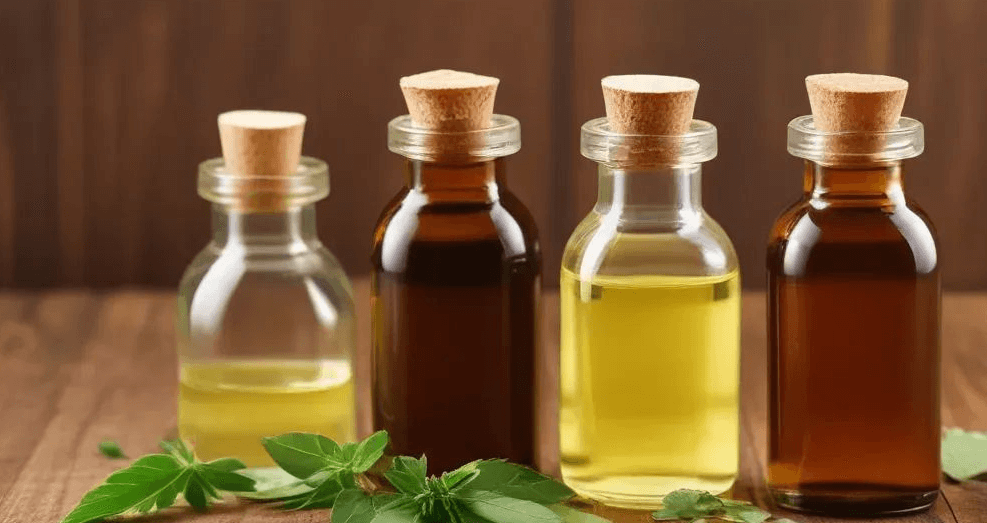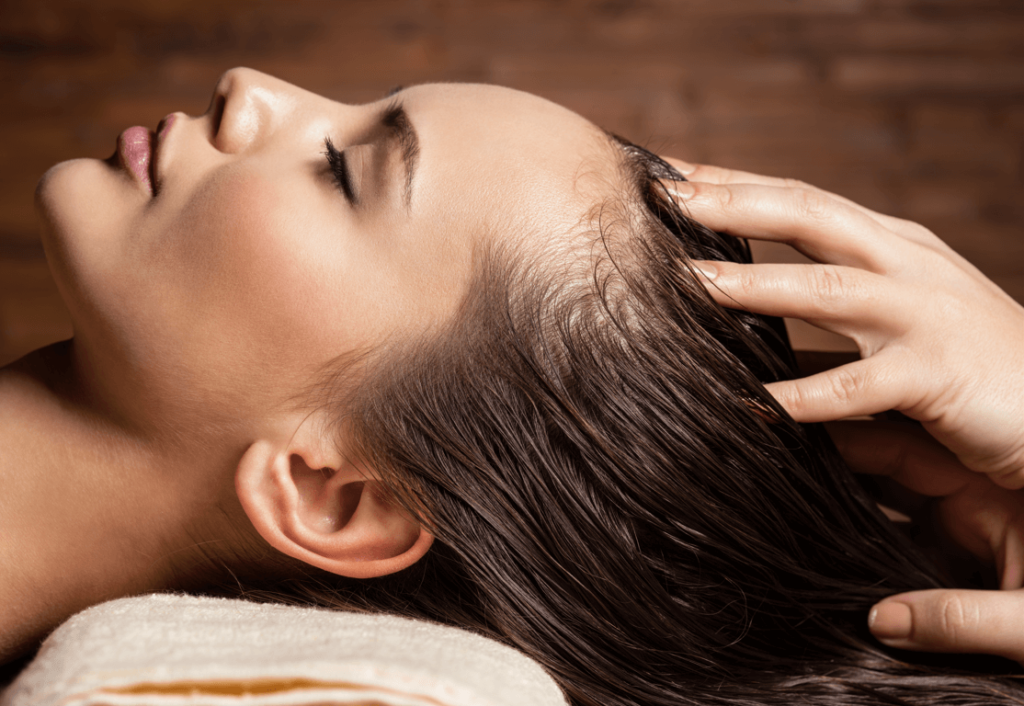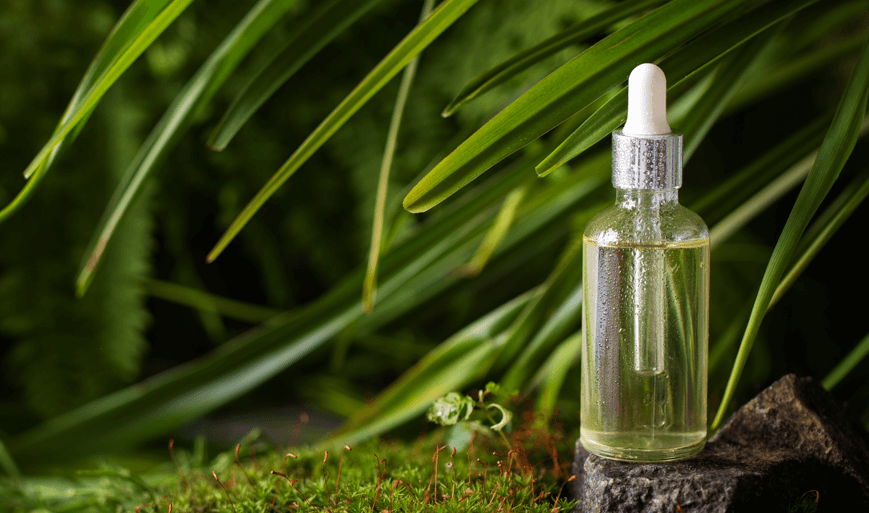Natural Hair Growth Oil benefits both hair health and development. It contains many nutrients that are essential for the hair, helps in the regrowth of the hair roots, and feeds on the head skin.
Time is precious in our lives, and attending to or incorporating personal care is fundamental; hair represents life, emotion, and personality.
Experience the transformative power of Natural Hair Growth Oil. This innovative product stimulates the scalp, triggering hair growth. Its fresh, organic ingredients and scientifically proven formulas are the ultimate solution for those seeking to improve their hair health. Don’t miss out on this golden opportunity.
If you’re looking for the newest Top 5 Miracle Hair Oils, these cutting-edge goods have become well-known for their potency in improving the health of hair. Together, their powerful components strengthen hair follicles, nourish the scalp, and encourage the growth of thicker, shinier hair.
Come along as we explore the world of natural hair growth oils, learning about their advantages and secrets and how they may completely transform your hair care regimen. Bid farewell to dull hair and welcome to the colourful, luscious hair you so richly deserve. It’s time to embark on a hair regeneration journey unlike any other.
Why Are Natural Oils Used for Hair Growth?
Before using, slowly warm the oil. Enhancement of absorption can lead to increased efficacy.
How to Make Natural Hair Growth Oil

Natural hair growth oils harness the potency of botanical elements to strengthen and nourish hair from root to tip. Carrier oils—like coconut, jojoba, or olive oil—are frequently used as components because they serve as a basis and aid in diluting essential solid oils. Lavender, peppermint, and rosemary are essential oils that promote hair development and offer therapeutic effects.
Depending on the requirements and preferences of your hair, select your favourite carrier and essential oils to make your natural hair growth oil at home. Then, adhere to this easy, step-by-step instruction:
To start, choose a carrier oil to use as the foundation for your hair growth oil. Jojoba oil closely resembles our scalp’s natural oils, while coconut hair oil is known for its hydrating qualities. Olive oil is another excellent choice.
Selecting essential oils that promote hair development is the next step. While peppermint oil for hair growth stimulates hair follicles and has a cooling effect, rosemary oil for hair growth encourages hair development and enhances scalp circulation. Besides being relaxing, lavender oil also helps reduce inflammation on the scalp.
Pour a few drops of essential oil(s) into a clean glass bottle with your chosen carrier oil(s). The carrier-to-essential oil ratio will vary depending on your preferences and hair type. Still, a typical recommendation is one ounce of carrier oil to ten to fifteen drops of essential oil.
After blending your oils, shut the bottle firmly to guarantee complete mixing.
Keep your homemade hair growth oil cold and dark to maintain potency. Steer clear of heat sources and direct sunshine since these might gradually deteriorate the oils.
By following these steps and selecting high-quality ingredients, you can create a personalized natural hair growth oil tailored to your hair’s unique needs. Experiment with different oils and mixes to find the perfect formula for promoting healthier, more robust hair growth.
Best Way to Apply Natural Oils for Hair Growth

When reaping the benefits of natural oils for hair growth, the application method plays a crucial role in ensuring optimal results. Here are some practical ways to apply natural oils:
Natural oils on the scalp are an excellent way to nourish the hair follicles, improve blood flow, and boost hair development. To ensure complete coverage, gently massage the oil into your scalp in circular movements for several minutes.
An oil treatment applies a thick layer of natural oil to the scalp and hair, allowing it to rest before rinsing it off. This enables the oil to fortify the hair from the inside out, deeply penetrate the hair shaft, and moisturize the scalp. You can cover your hair with a warm towel or shower cap to enhance absorption as the therapy continues.
Natural oils can be used as styling products or leave-in conditioners for a more practical solution. To use them, lightly oil damp or dry hair, paying particular attention to the ends and areas prone to breaking or drying out. This keeps the hair hydrated, lessens dry and frizzy hair, and shields it from the elements.
To maximize the absorption and effectiveness of natural oils, consider the following tips:
To promote better penetration, apply the oil to newly washed or clean, damp hair.
When massaging or treating the scalp, use heated oil. The heat opens up the cuticles and promotes absorption.
Depending on your desire and type of hair, let the oil stay on the scalp and hair for at least 30 minutes overnight.
Use a mild shampoo to rinse well to remove extra oil and avoid buildup.
As you assess your hair’s demands, you should modify the frequency and length of treatment. Applying natural oils 1-2 times a week is plenty. However, more regular therapies could be helpful for people with dry or damaged hair. Maintaining equilibrium is crucial to prevent hair from becoming greasy or heavy-looking from excessive oil saturation.
You can experiment with different application methods and frequencies to find what works best for your hair type and desired outcomes.
How Natural Oils Improve Hair and Scalp Health

Natural oils have numerous advantages for the hair and scalp, enhancing overall hair health through a variety of methods:
- The essential fatty acids, vitamins, and antioxidants in these oils
- Natural oils aid in keeping moisture within the hair shaft to avoid breakage, split ends, and dryness.
- Rubbing natural oils on the scalp encourages blood circulation, which supplies vital nutrients and oxygen to the hair follicles and facilitates the elimination of pollutants.
Some examples of particular oils are coconut oil, which is well-known for its moisturizing qualities; argan oil, which fortifies and accentuates hair’s lustre; and rosemary oil, which is famous for its stimulating effects on the scalp and capacity to treat dandruff. Using natural oils in your hair care regimen gives you healthier scalps and more robust, more resilient hair.
Healthy Diet: Consume a diet high in vitamins and minerals to promote natural hair growth from the inside out.
Benefits of Natural Hair Growth Oil
There are several advantages to using natural hair growth oils for people who want to enhance the condition and look of their hair:
- These oils aid in hair growth by nourishing the scalp, increasing circulation, and giving vital nutrients to the hair follicles.
- Natural hair growth oils can help reduce hair loss by fortifying the hair shaft and reducing breakage.
- These oils improve hair’s general health by hydrating the scalp, avoiding dryness, and improving the gloss and softness of the hair.
Testimonials and case studies from people who have used natural hair development oils frequently show considerable increases in hair resilience against damage, shedding, thickness, length, and texture. By harnessing the power of natural ingredients, natural hair growth oils offer a holistic approach to hair care, promoting healthier, more vibrant hair from the roots to the tips.
Side Effects of Natural Hair Growth Oil
Although there are many advantages to using natural hair growth oils, it’s essential to be informed of any possible risks or safety measures. When using certain oils, some people may get allergic reactions or irritate their scalps, mainly if they are sensitive to particular botanical constituents.
To lower the risk of adverse reactions, a patch test should be conducted before applying the oil to the scalp or hair. Just dab a tiny bit of diluted oil into a small skin patch, then wait a day to see if the area becomes red, itchy, or irritated.
Furthermore, stop using natural hair growth oil immediately if you feel discomfort or unfavourable responses, and seek additional advice from a dermatologist or other healthcare provider.
Refrain from Overusing: Excessive oil use might leave your hair oily and heavy. Start slowly and make adjustments as necessary.
Do Hair-Growth Oils Promote Hair Growth?
There is scant but encouraging scientific data to support the effectiveness of natural hair growth oils. Although some research indicates that some fats, like peppermint or rosemary oil, may nourish the scalp and improve circulation, which may have stimulating benefits on hair growth, further studies are required to substantiate these claims definitively.
Furthermore, underlying medical issues, lifestyle choices, and genetics influence how each person reacts to hair growth therapy. Using hair growth oils requires patience and consistency because the effects could take some time to show.
Using hair growth oils as a stand-alone treatment for hair loss or stimulating noticeable hair growth is not advised, even though they can enhance a comprehensive hair care regimen.
In summary
Natural hair growth oils are a viable way to encourage more vital, abundant hair. We have discussed their advantages, such as their capacity to fortify hair strands, nourish the scalp, and stimulate hair follicles. Even though the body of research proving their effectiveness is still growing, many people report seeing improvements after regular use.
We urge you to investigate natural hair care choices and try several oils as you set out on your path to healthier hair to determine which works best for you. Recall that adopting a holistic approach to hair care can provide long-lasting effects. Patience and consistency are essential. So why hold off? Unlock the potential of healthier, more vibrant hair by beginning your natural hair care journey.
FAQs about natural hair growth oil
Are natural hair growth oils effective?
While individual results may vary, many people find natural hair growth oils effective in consistently improving hair health and promoting growth.
How much oil should I use per application?
Start with a small amount and adjust based on your hair’s length and thickness. If used correctly, they are generally safe. However, patch tests should always be performed to check for allergic reactions.
What are some common ingredients in natural hair growth oils?
Essential oils like peppermint and rosemary are frequently combined with carrier oils like coconut and jojoba oils to create natural hair growth oils.
How should I apply natural hair growth oils?
Natural hair growth oils can be applied directly to the scalp and hair, massage gently, and left on for some time before washing out. They can also be used as leave-in treatments or added to shampoos and conditioners.
Can natural hair growth oils help with hair loss?
Natural hair growth oils may help reduce hair loss by raising the scalp and strengthening hair follicles, but severe hair loss may require additional treatment or medical intervention.
Can natural hair growth oils be used on all hair types?
Yes, natural hair growth oils can typically be used on all hair types, but choosing oils that suit your hair’s specific needs and characteristics is essential.

